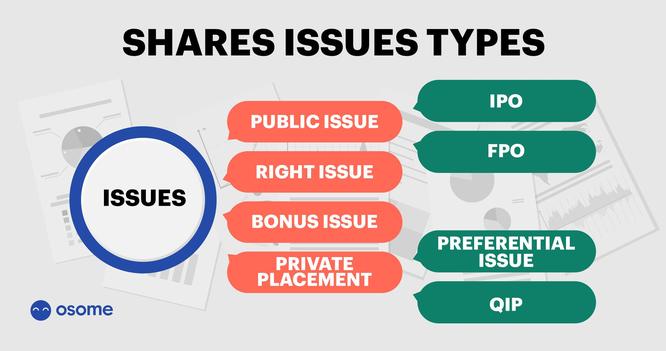Publishing new shares
According to Article 13 of the Securities Law, the company publicly issued a new shares should meet the following conditions:
(1) is sound and well Organization;
(2) has sustained profitability, good financial situation;
(3) The last three years of financial accounting has no false record, no other major illegal activities;
(4) Other conditions stipulated by the State Council Securities Supervision and Administration Institutions approved by the State Council. At the same time, listed companies should be approved by the State Council's securities supervision and management agency for public issuance of new shares.
Reporting File
According to Article 14 of the Securities Law, the company publicly issued new shares should be applied to the State Council's Securities Regulatory Agency to report to the following documents:
(1) Company business license;
(2) Corporate charter;
(3) General Assembly resolution;
(4) Prospectus;
(5) Financial accounting report;

(6) The name and address of the share bill bank;
(7) The name of the underwriting agency and related protocol.
In addition, the sponsor should be hired according to the provisions of the Securities Law, and the issuance of the issuance of the recommended person shall be submitted.
Published new shares
Co., Ltd. will adopt public issuance of new shares in two cases: First, it is completely relied on the public to subscribe new shares, not to company staff, shareholders or other specific specific specific People raise shares; the second is to raise the shares issued by the public while raising the company, shareholders and other specific people. Otherwise, it should be carried out in accordance with the non-public release.
Public distribution new shares and non-public issued new shares have many similar or identical. Therefore, foreign and my country's Taiwanese scholars are called "common procedures" or "common procedures." But after all, there are still differences, and procedures for public distribution of new shares have their special aspects. Specifically, public issuance of new shares generally include the following procedures:
1. Board or shareholder will resolution
This procedure is similar to the non-public release. Co., Ltd. Publicly issued new shares, should be determined by the Special Resolution of the Board or Shareholders. Its resolution should be valid by more than half of the directors or shareholders and more than half of the consent.
In recent years, due to the growing position of the shareholders, the status of the board of directors is increasing, and many national corporate laws have corresponding provisions, and new shares issued by resolutions can be decided by the board of directors.
my country's company law regulates the resolutions of the distribution of new shares by the shareholders' meeting.
Second, the competent authority approval
The program is the main difference between public issuance of new shares and non-public issuance new shares in procedures. Applying for the competent authority approval is an important step in public issuance of new shares.
Since the public issuance of new shares are raised to the public to the public, it is generally widened. For this reason, when the new shares are issued, the company laws are generally listed in the documents requested by the registration authority. Such as: the amount of new shares, the amount of the new shares, the types, amounts, conditions, etc. of the issuance of special shares. Its main purpose is to maintain the public interest to prevent the benefits of new strains and investors. The registration authority enjoys the authority that publicly issued new shares. Only after obtaining approval, the company can issue new shares. At the same time, after the issuance of new stocks, the registration authority also has the right to revoke the approval. After the approval of the issuance of new shares, the company should return the shares and pay the shareholders (or those who have paid shares). Interest. The prohibition of public issuance of the new shares is not limited to the establishment of the shares, but after the establishment of Co., Ltd., the issuance of new shares will be subject to multi-faceted and prohibited.
Registration competent authorities shall pay special attention to the business situation during operation during the review of the issuance of issued shares. Anyone who does not meet the requirements or does not reach a statutory standard, the company can restrict the company's public issuance of new shares.
Usually, when the company has a credit crisis, you can limit the distribution of priority shares. For example, when the company is not sufficient to pay a priority dividend, especially when it is not enough to pay dividends in a considerable period of time, the registration authority has the right to restrict the company's issuance of new priority shares. Although this practice is intellectually referred to, it is actually prohibiting the release of priority stocks.
For other shares, the prohibited title is generally used. The main cases that are prohibited from issuing new shares are:
1. The company is in a loss of loss for two consecutive years or longer.
2. The company's assets are not enough to pay debt. However, if the loss can be eliminated or the debt has not expired, it is not a ban on issuance of new shares.
